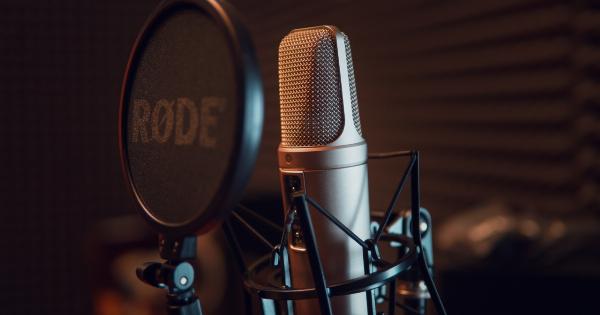Have you ever felt uncomfortable listening to the sound of your own voice? Maybe you’ve heard a recording of yourself and thought, “That doesn’t sound like me at all.” You’re not alone.
Many people feel the same way, and there’s actually a scientific reason behind why we hate hearing our own voice.
What is the voice we hear?
First of all, it’s important to understand that the voice we hear when we speak is not exactly the same as the voice others hear when we speak.
When we hear ourselves speak, we hear a combination of two things: the sound that comes out of our mouth and travels through the air, and the vibrations that occur in our own skull. This combination creates a unique sound that we are used to hearing. However, when we hear a recording of ourselves, we only hear the sound that travels through the air. This can sound unfamiliar and uncomfortable to us.
The shock of the unfamiliar
One reason we may not like the sound of our recorded voice is that it sounds unfamiliar to us. We are used to hearing our own voice from the inside, with all of the extra vibrations and nuances that come with it.
When we hear a recording, we are hearing our voice as others hear it, and it can be jarring to hear a voice that sounds so different from what we are used to.
The power of perception
Another reason we may not like the sound of our recorded voice is due to our own perception. We may have certain expectations about how our voice should sound, and when those expectations are not met, we feel uncomfortable.
For example, we may think our voice sounds too high-pitched, nasal, or monotone. When we hear a recording that highlights these aspects of our voice, we may feel self-conscious or embarrassed.
Our relationship with our own voice
Our voice is a part of our identity, and how we feel about our voice can have a significant impact on our self-esteem. If we are already self-conscious about our voice, hearing a recording of ourselves may amplify those insecurities.
On the other hand, if we are confident about our voice, hearing a recording may not bother us as much. Our relationship with our own voice plays a big role in how we perceive it.
The psychology of self-perception
The psychology of self-perception is also at play when it comes to our dislike of the sound of our own voice. When we hear a recording of ourselves, it can be difficult to reconcile the voice we hear with the way we see ourselves.
We may have a certain image of ourselves in our minds, and when the voice we hear doesn’t match up with that image, it can be unsettling. This is why some people may feel uncomfortable hearing their own voice on a recording or in a video.
The role of social conditioning
Social conditioning can also play a role in how we feel about the sound of our own voice. From a young age, we are taught to associate certain qualities with a “good” voice.
For example, we may be told that a deep, resonant voice is more authoritative, while a high-pitched voice is more feminine. These societal expectations can influence how we feel about our own voice, particularly if it doesn’t fit the mold of what we’ve been taught to see as “good.”.
The importance of self-acceptance
All of these factors combined can contribute to our discomfort with hearing our own voice. However, it’s important to remember that we are often our own harshest critics.
Learning to accept and embrace the sound of our own voice can be a powerful step towards self-acceptance and improved self-esteem.































